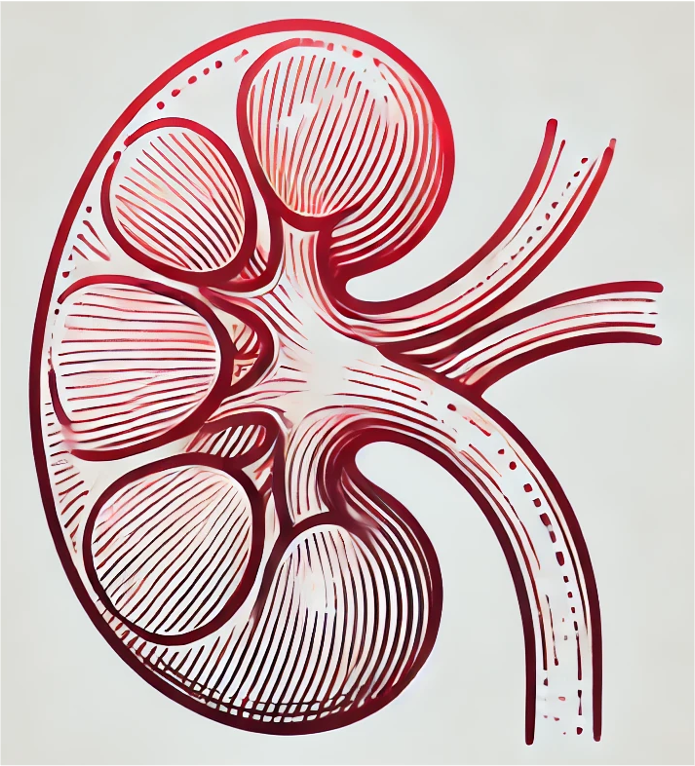Description
Background: Autosomal dominant polycystic kidney disease (ADPKD) affects more than 12 million people worldwide. Mutations in PKD1 and PKD2 cause cyst formation through unknown mechanisms. To unravel the pathogenic mechanisms in ADPKD, multiple studies have investigated transcriptional mis-regulation in cystic kidneys from patients and mouse models, and numerous dysregulated genes and pathways have been described. Yet, the concordance between studies has been rather limited. Furthermore, the cellular and genetic diversity in cystic kidneys has hampered the identification of mis-expressed genes in kidney epithelial cells with homozygous PKD mutations, which are critical to identify polycystin-dependent pathways.; Methods: Autosomal dominant polycystic kidney disease (ADPKD) affects more than 12 million people worldwide. Mutations in PKD1 and PKD2 cause cyst formation through unknown mechanisms. To unravel the pathogenic mechanisms in ADPKD, multiple studies have investigated transcriptional mis-regulation in cystic kidneys from patients and mouse models, and numerous dysregulated genes and pathways have been described. Yet, the concordance between studies has been rather limited. Furthermore, the cellular and genetic diversity in cystic kidneys has hampered the identification of mis-expressed genes in kidney epithelial cells with homozygous PKD mutations, which are critical to identify polycystin-dependent pathways.; Results: Autosomal dominant polycystic kidney disease (ADPKD) affects more than 12 million people worldwide. Mutations in PKD1 and PKD2 cause cyst formation through unknown mechanisms. To unravel the pathogenic mechanisms in ADPKD, multiple studies have investigated transcriptional mis-regulation in cystic kidneys from patients and mouse models, and numerous dysregulated genes and pathways have been described. Yet, the concordance between studies has been rather limited. Furthermore, the cellular and genetic diversity in cystic kidneys has hampered the identification of mis-expressed genes in kidney epithelial cells with homozygous PKD mutations, which are critical to identify polycystin-dependent pathways.; Conclusions: Autosomal dominant polycystic kidney disease (ADPKD) affects more than 12 million people worldwide. Mutations in PKD1 and PKD2 cause cyst formation through unknown mechanisms. To unravel the pathogenic mechanisms in ADPKD, multiple studies have investigated transcriptional mis-regulation in cystic kidneys from patients and mouse models, and numerous dysregulated genes and pathways have been described. Yet, the concordance between studies has been rather limited. Furthermore, the cellular and genetic diversity in cystic kidneys has hampered the identification of mis-expressed genes in kidney epithelial cells with homozygous PKD mutations, which are critical to identify polycystin-dependent pathways.
Overall Design
Transcriptomic profiling of mIMCD3 wild-type, Pkd1-/- and Pkd2-/- cells
Curator
xm_li
